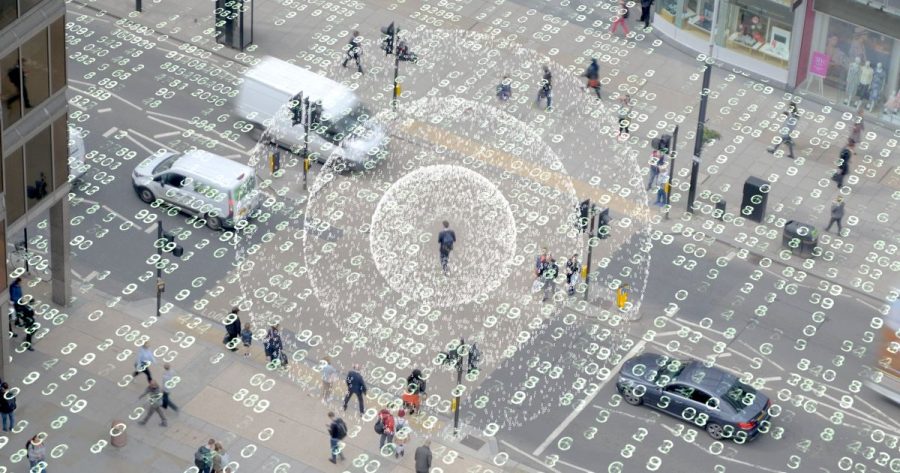
of social media users.
With the Stop Online Piracy Act (SOPA) and Protect IP Act (PIPA) having already drawn public ire, other government activities online have recently come to light that raise questions for how our use of the Internet in the United States may put our privacy at risk.
Both bills, SOPA and PIPA aim to restrict online copyright violations. The bills were met with staunch resistance by many, resulting in a blackout of a number of popular sites on Jan. 18 in protest.
While all of this was occurring, a report made available by the Department of Homeland Security (DHS) earlier this month entailed slight changes to existing policies regarding Personally Identifiable Information (PII) in the Publicly Available Social Media Monitoring and Situational Awareness Initiative.
Previously, DHS had not actively collected PII, which simply refers to the type of information that identifies the user of social media services. However, with the new update of the initiative, DHS will actively be able to collect this type of information if it pertains to an “in extremis” situation, which refers to extreme or life-threatening circumstances.
The list of social media websites that fall under the surveillance of the initiative is rather large and includes: YouTube, Flickr, Twitter, Facebook, MySpace, Huffington Post, and WikiLeaks.
It should not come as a surprise that the government is monitoring publicly available information. Yet when you combine an agency that actively collects PII with the Patriot Act, this should be a cause for concern, especially for college students who tend to be notoriously hooked to social media.
I know I am.
According to the American Civil Liberties Union (ACLU), the Patriot Act gives the government extended authority in surveillance capabilities.
A few specific provisions that directly pertain to Internet use as interpreted by the ACLU, include expanded government power to search records held by third parties relating to individuals without allowing the individual to know their information is being investigated as part of section 215 and the ability to collect URLs visited by individuals online as part of pen register warrants.
Last year, President Barack Obama authorized a four-year extension of Section 215 – along with two other sections – of the Patriot Act, making it clear that this provision is still being actively implemented.
Facebook did not respond to queries regarding searches authorized by the Patriot Act or if it was aware of the DHS monitoring program.
DHS’ initiative combined with the authority of the Patriot Act allows for huge potential for government violations of individual privacy.
While DHS has made it clear that it will only use PII in life or death situations, it also reserves the right to judge what situations pertain to that categorization.
This is not very comforting when the Patriot Act has been consistently attacked for overly broad language allowing for searches in violation of the constitution.
It seems obvious the government does not have the time to monitor everything we do, nor would it behoove government agencies to do so, but that information is still up for grabs under wide definitions.
Are you comfortable with everything you post on social media from YouTube posts to Facebook statuses potentially being part of an investigation being made against you?
Ultimately, we are the ones responsible for the powers our government holds and we must take action if we wish to see change. The lashback against SOPA and PIPA has helped lay the groundwork for potentially successful mass political action.
There are essentially three things we can do in the face of these types of government policy: we can maintain the status quo by doing nothing, we can fight the legislation through solicitation of our elected officials and direct campaigning, or we can be more discerning with the information we make available in protecting our privacy.
You may not care about whether government agencies see Emo status updates like this one from FunnyCrave.com, “Riding on a wave of self-loathing. If only you could understand. None of you ever will.”
Yet constant “Check Ins” on Facebook can reveal your personal preferences much more easily.
We have the ability to decide what information is made available about us in large part and whether we feel we can sacrifice that for the satisfaction gained in people knowing what you are up to.
If you want to be able to have both, I suggest you work very hard reaching out to your political leaders or finding successful campaigning models to reduce the powers of Section 215 of the Patriot Act.
I do not condone the overreaching of government powers, but in the mean time you have to analyze how much of your privacy you are willing to trade in order to benefit from social media.










